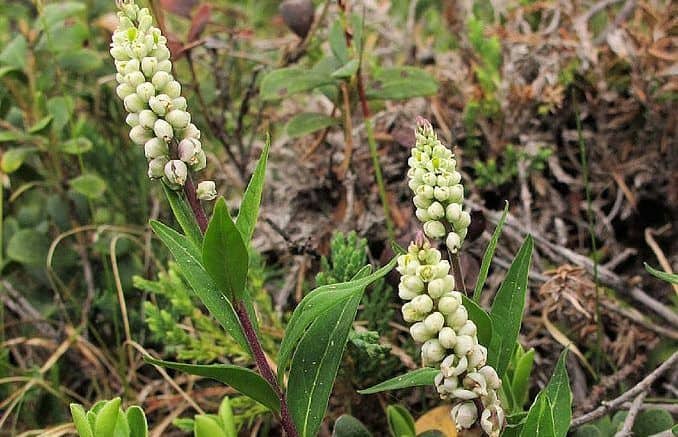In earlier days, a lot of individuals used to rely on Polygala senega for the treatment of a range of diseases. There wasn’t a better alternative to senega root to make medicines to help people get relief from certain health issues. Even now, many people value the importance of this particular root. It works exceptionally well in relieving swelling of the nose, throat, chest, and several other conditions.
The chemicals in snakeroot extract help safeguard brain cells. In addition, having the liquid extract or dried snakeroot tincture helps improve thinking and analytical skills. Senega snakeroot belongs to the milkwort family and is native to northern and eastern North America. The efficacy of this root in alleviating several lung conditions, such as chronic bronchitis, emphysema, and asthma, is undeniable.
Brief History of Senega Root
Mainly eastern American Indian natives, which include the authentic Seneca tribe, used the senega root for treating rattlesnake bites. Europeans and Colonists used this root as a cathartic, emetic, diaphoretic, and diuretic, besides curing rheumatism, gout, and pulmonary disorders. In the nineteenth century, the popularity and use of senega root soared as it proved to be the best remedy to cough and sore throat.
Keep reading to learn about the different effects of Polygala Senega Root
Anti-Cancer Effects
Polygala senega root extract benefits lung cancer treatment to a great extent. The senega saponin is instrumental in preventing the growth of cancerous tumors. Moreover, the senegin III combination with cisplatin leads to more significant tumor growth inhibition than the control group.
Administering senega at a specific dosage in mice that has long-term exposure to a particular carcinogen modified the signal proteins’ expression. Quite similarly, Polygala senega’s ethanolic root extract decreased DNA damage, tumor nodules, and growth in all mice with lung cancer.
Antitussive Effects
The senega root’s antitussive effect is because of the plant’s saponin content. It remains consistent, like the usual detergent trait of saponins in phlegm breakup. Additionally, senega begins working by irritating the gastric mucosa, and a reflex action follows. Eventually, there is an improvement in the secretion of the bronchial mucous gland.
Hypoglycemic Effects
Hypoglycemic activities were witnessed in diabetic as well as normal mice. However, the same was not observed in mice that have diabetes induced by streptozotocin. Therefore, intraperitoneally injection of senega saponins makes hypoglycemic activity potent to the highest degree. The similar saponins significantly decreased the absorption of alcohol when provided to mice orally one hour before the consumption of alcohol.
Immunological Effects
Polygala senega root saponins increase antibody response to primarily ovalbumin antigens in rats in a murine model. These immunological effects have striking similarities with Q. saponaria saponins. However, P. senega saponins were less harmful or toxic.
So, it can work better as an adjuvant in specific vaccines. The saponins contributed remarkably to the immunoglobulin G response to the rotavirus in vaccinated hens. As per an in vitro study, the exertion of P. senega saponins causes antiangiogenic activities against a person’s umbilical vein endothelial cells.
Another significant active component of Polygala senega root and various other species of Polygala is Tenuigenin. It inhibits NF-kappaB and prevents inflammation by IL-1beta-induced in an individual’s osteoarthritis chondrocytes.
Invest in senega snakeroot liquid extract containing only organic ingredients to mitigate several health issues effectively. The basic ingredients include harvested wild senega snakeroot or Polygala senega dried root, vegetable glycerin, water, and many more. Do not forget that consulting your physician is imperative before you start taking senega root extract.

